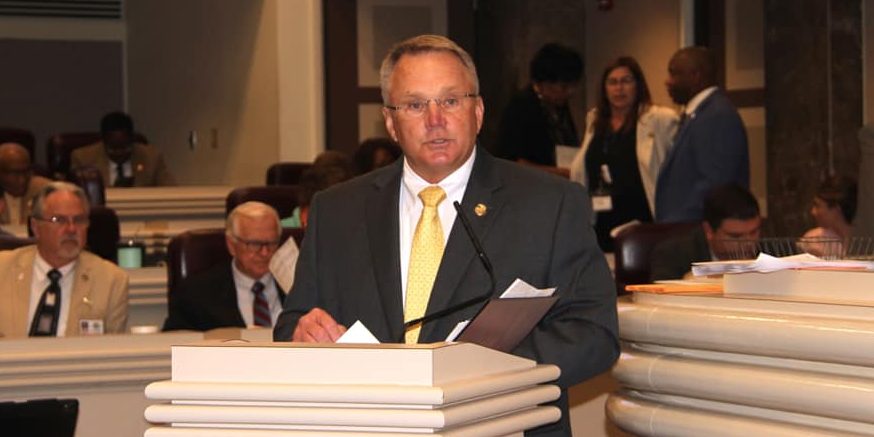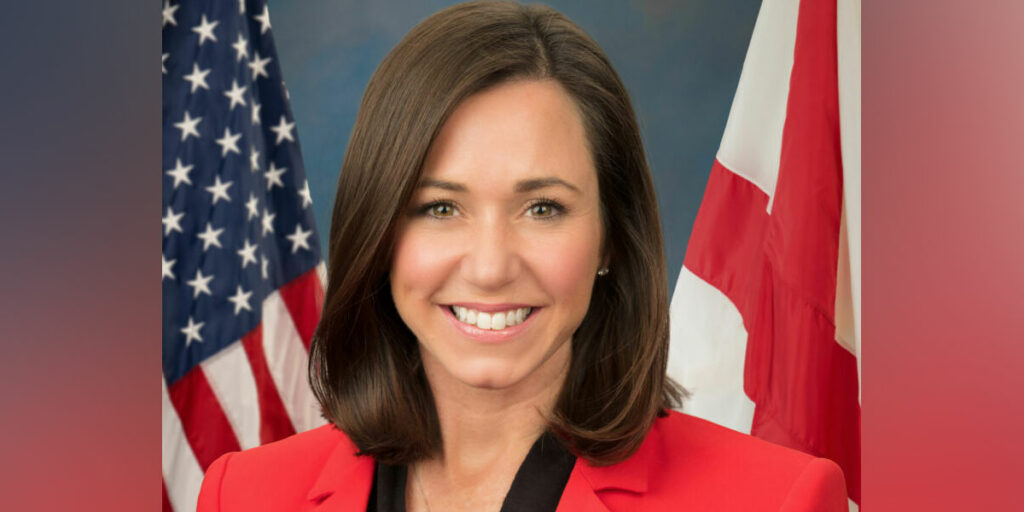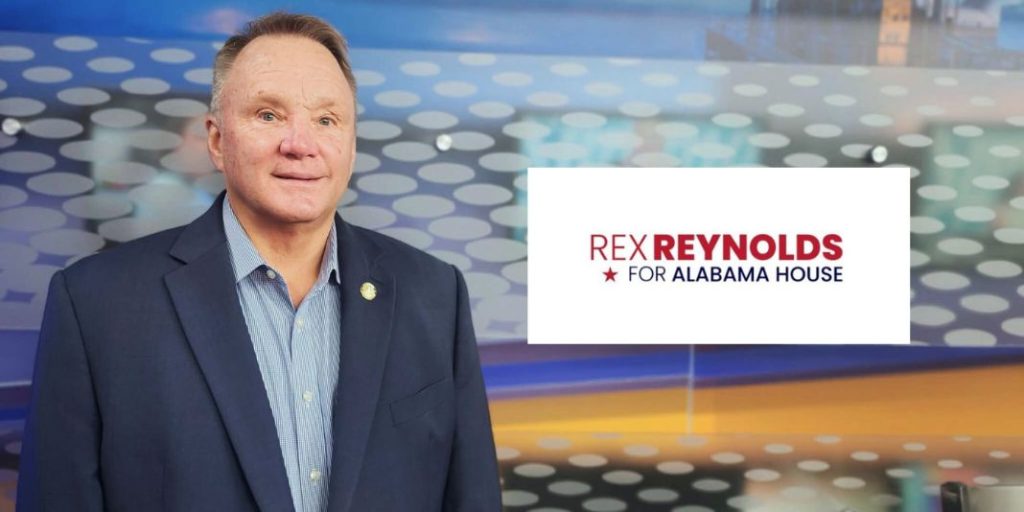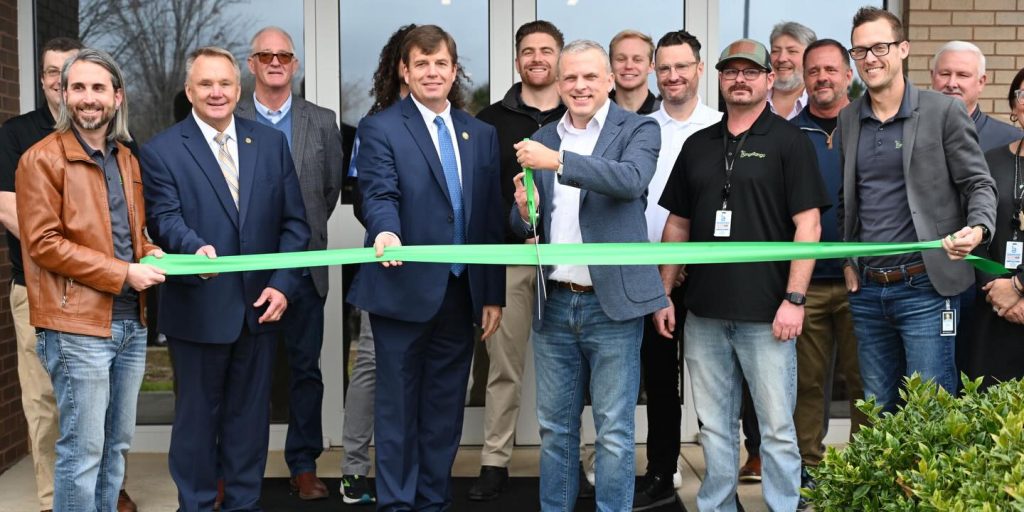Over the past three years, states have been receiving settlement funds from federal lawsuits against major pharmaceutical companies. To date, Alabama has secured over $300 million, and I expect that figure to continue growing. These funds are directed to the state’s Opioid Settlement Fund, which the Legislature appropriates.
In 2022, the Legislature created the Oversight Commission on Alabama Opioid Settlement Funds to guide these efforts. Chaired by Senator Greg Albritton and myself, the commission held four public hearings after the 2023 Regular Session and during the 2024 Regular Session, gathering input from 44 agencies and associations providing services related to prevention, treatment, and recovery for individuals suffering from opioid addiction in Alabama.
The outcome was a comprehensive, statewide plan that outlines the approved uses of settlement funds by organizations that receive them through direct supplemental appropriations from the Alabama Legislature and the Opioid Settlement Grant Program.
Through the Opioid Settlement Fund prevention, treatment, and recovery grants, providers collectively reported the following outcomes:
- 6,898 individuals served
- 4,094 individual treatment services provided
- 1,252 Narcan Kits distributed
- 1,000 Fentanyl Test Strips Distributed
- 13 pounds of medication collected
- 83 coaching events
Last year, the second appropriation from the settlement funds was made, having a significant impact across the state. These funds supported Alabama’s 988 Crisis Line, a veterans’ pilot program, mental health courts, and numerous prevention and recovery programs.
In this year’s Opioid Supplemental Appropriations Bill, $41 million from the Opioid Settlement Fund will be appropriated for similar purposes. However, this year, we will broaden the scope of funded programs and services to continue addressing coverage gaps.
We are leveraging one of Alabama’s most robust and effective resources — higher education.
$3 million will be allocated among the University of Alabama at Birmingham (UAB), Auburn University, and the University of South Alabama Health (USA Health).
- UAB will receive $1 million for psychiatry residencies in Montgomery and Huntsville related to the study and treatment of substance abuse.
- Auburn University will receive $1 million for the expansion of the School of Pharmacy and its K-12 education program focused on substance abuse training.
- USA Health will receive $1 million to provide rapid response to overdose outbreaks related to opioid use.
Another key component in this year’s appropriation is marketing.
Alabama has numerous opioid prevention and recovery resources available at no cost to its citizens — but what good are these programs if those struggling with substance abuse don’t know they exist?
Through a partnership between the Alabama Legislature and the Department of Mental Health, the state recently launched the Opioids Take Campaign, which includes a website highlighting treatment and prevention resources, billboards, and educational materials. You might have noticed the black and orange billboards along the side of I-65 and other high traffic areas in the state.
Additionally, we are making a significant investment in law enforcement, which is critical given the unfortunate reality that officers frequently encounter individuals suffering from substance abuse.
In 2020, the FBI Uniform Crime Reporting (UCR) program reported that drug abuse violations were among the most common categories of arrests. These violations include both possession and trafficking offenses, with many individuals arrested for drug-related crimes facing underlying addiction issues.
Given this trend, providing Alabama’s law enforcement community with additional resources to identify and address substance abuse is essential—and, frankly, long overdue.
The final component of this year’s appropriation I’d like to highlight is our support for veterans.
Last year, we established the Veterans Mental Health Steering Committee, consisting of elected officials, state agency heads, and representatives from veteran service organizations, to assess how the state is supporting veterans with mental health and substance abuse challenges and determine what additional resources are needed.
This committee was charged with the important task of reviewing the current state of veterans’ mental health and substance use in Alabama and developing a comprehensive plan in response to these findings. Further, this committee was authorized to establish pilot projects that align with this comprehensive plan with new dollars.
We funded this initiative with an initial appropriation of $3 million from the Opioid Settlement Fund. Further, we are investing an additional $1.5 million to support existing programs and establish new resources for Alabama’s veterans.
The bottom line is that the Legislature is working hard to maximize the impact of these dollars. One outcome that I’m so proud of is Alabama’s reduction in overdoses, which I largely attribute to the distribution of Narcan and access to services.
Our combined efforts and partnerships are positioning Alabama to overcome an epidemic that has claimed the lives of thousands and helping ensure that more do not suffer the same fate.
Rex Reynolds represents District 21 in the Alabama House of Representatives.










